Your physics admissions questions, answered
Meet the Department Welcome to Physics 13th August 2020

This year our open days moved online. If you weren’t able to make it, you can still watch the talk by our Physics admissions tutor, Professor David Binks – or here are his answers to some of the most common questions about what it’s like studying physics at Manchester.
If you want to know something that’s not covered here, you can see more information on the Department’s website, or you can email the admissions team with any questions at ug.physics@manchester.ac.uk.
What physics courses do you offer?
We have courses in Physics, Physics with Astrophysics, Physics with Theoretical Physics, Physics with Study in Europe, or Mathematics and Physics. For the ‘Physics with…’ courses you spend about two thirds of your time studying the normal physics syllabus and one third of your time on the other subject. For Maths and Physics, it is a 50/50 split.
What’s the different between the 3 year and 4 year course?
The extra year of study involved in the 4-year MPhys allows you to pursue the bits of physics that particularly interest you most, and also to conduct a significant research project.
Can I come in doing just Physics and switch to one of the other options?
It is usually possible to switch between programmes within the first year of study.
Is there a study abroad option?
You can opt for the formal “Physics with Study in Europe” programme , which involves the language teaching in Years 1 and 2 that will enable you to spend your third year (out of four) studying physics in a foreign language at one of our partner universities. Or, if you would prefer to study in an English-speaking country, you can just apply to spend Year 3 (of one of the four-year MPhys courses) studying in the US, Canada or Australia. You apply when you are in your second year at Manchester and we just ask that you are achieving 50% of better in your exams in Year 2.
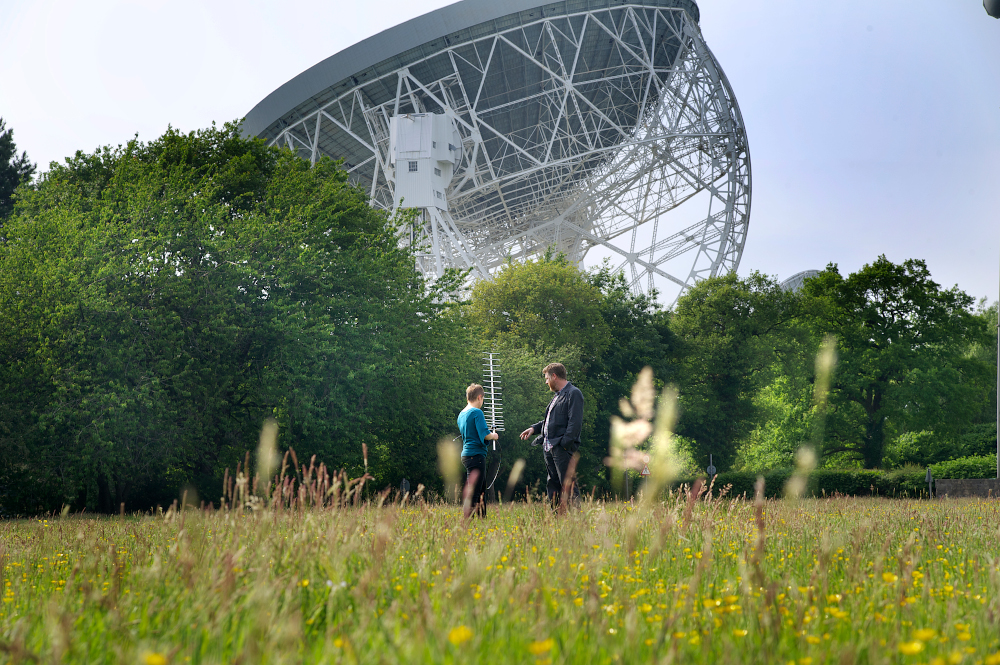
What should I put in my personal statement?
Tell us a little bit about yourself, and why you like physics. But don’t worry too much about what exactly you put. All sorts of people can make good physicists – just tell us about you.
What do your students do after they graduate? What sort of companies do they work for?
Roughly one third of our students go and work for tech companies, one third in finance and management, and one third go on to further study, mostly PhD.
How long each week would I spend in lectures?
In the first year, for example, you have lectures ten hours per week; you also have two hours per week of tutorials, two hours of workshops and a day in the lab. That all adds up to about 20 hours per week of being taught. You also have example sheets, lab reports etc to do at home.
I’ve done an EPQ – will it affect my offer?
No, we just consider your A-level grades in physics, mathematics and a third subject (which can be anything except General Studies). If you are doing more than three A-levels, we consider your grade in physics, maths and the best of your other subjects.
I can’t decide between Physics and Engineering – what are the differences?
Well, an engineering degree is part of the training to become a professional engineer. And while physics can be about technology too, it is much broader than that. It is the most fundamental of the sciences, and the most ambitious; it seeks to understand the universe at every level: as a single object in cosmology and right down to its fundamental building blocks in particle physics, and quantum mechanics more than any theory tells us about very nature of reality.
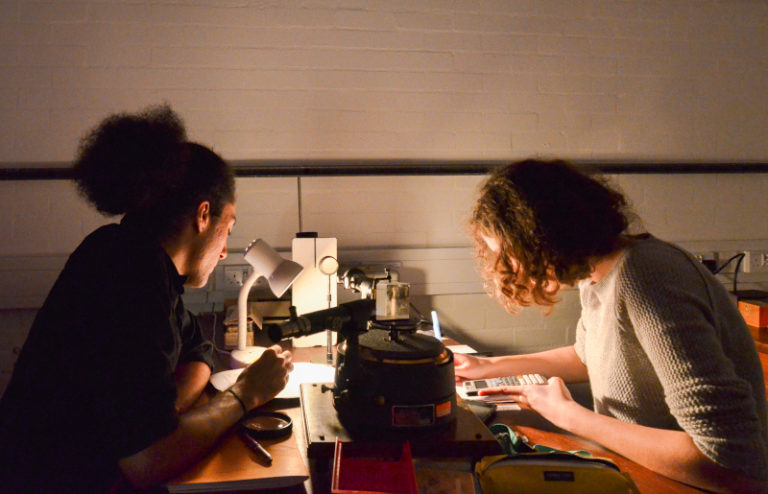
What do you do in labs?
In the first year, you do two-day experiments; these are the shortest ones we do but they nevertheless can be on some fundamental aspects of the universe like measuring universal constants such as the speed of light or ‘big G.’ In the second year, the experiments can be longer, three or four days, as you use more sophisticated techniques, such as the use of vacuums, cryogenics or radioactive materials. By the time you get to the third year you are doing eight-day experiments, so really quite extensive, but still in the teaching labs. In the fourth year, however, you move out of the teaching labs into the research labs, doing projects which can be 24 or even 48 days long!
What’s the interview process like?
It’s a relaxed 30 minute chat, in which you will be asked some questions about physics and maths.
What if I miss my offer by 1 grade?
Everybody who meets or exceeds their offer grades is given a place first. If there are any places left after that then we will take as many people as possible who have just missed out on their grades, until the course is full.
What’s studying physics at uni like compared to doing physics A-Level?
A lot more interesting! Studying A-level physics and maths gets you to the stage where you can now begin to understand concepts such as space-time, quantum uncertainty and black holes.


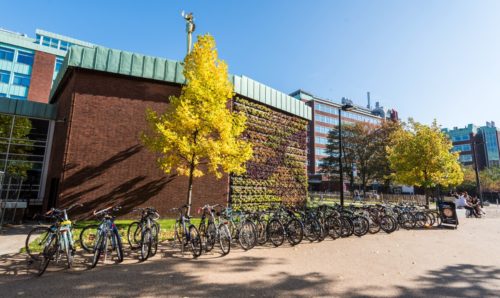
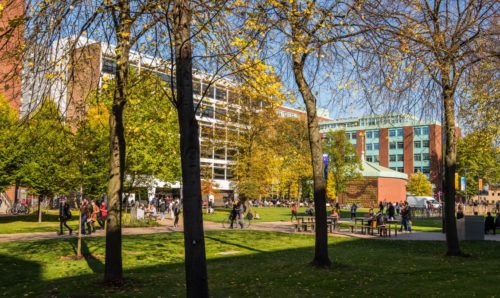
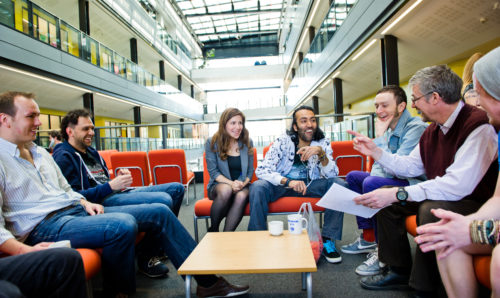
Leave a Reply